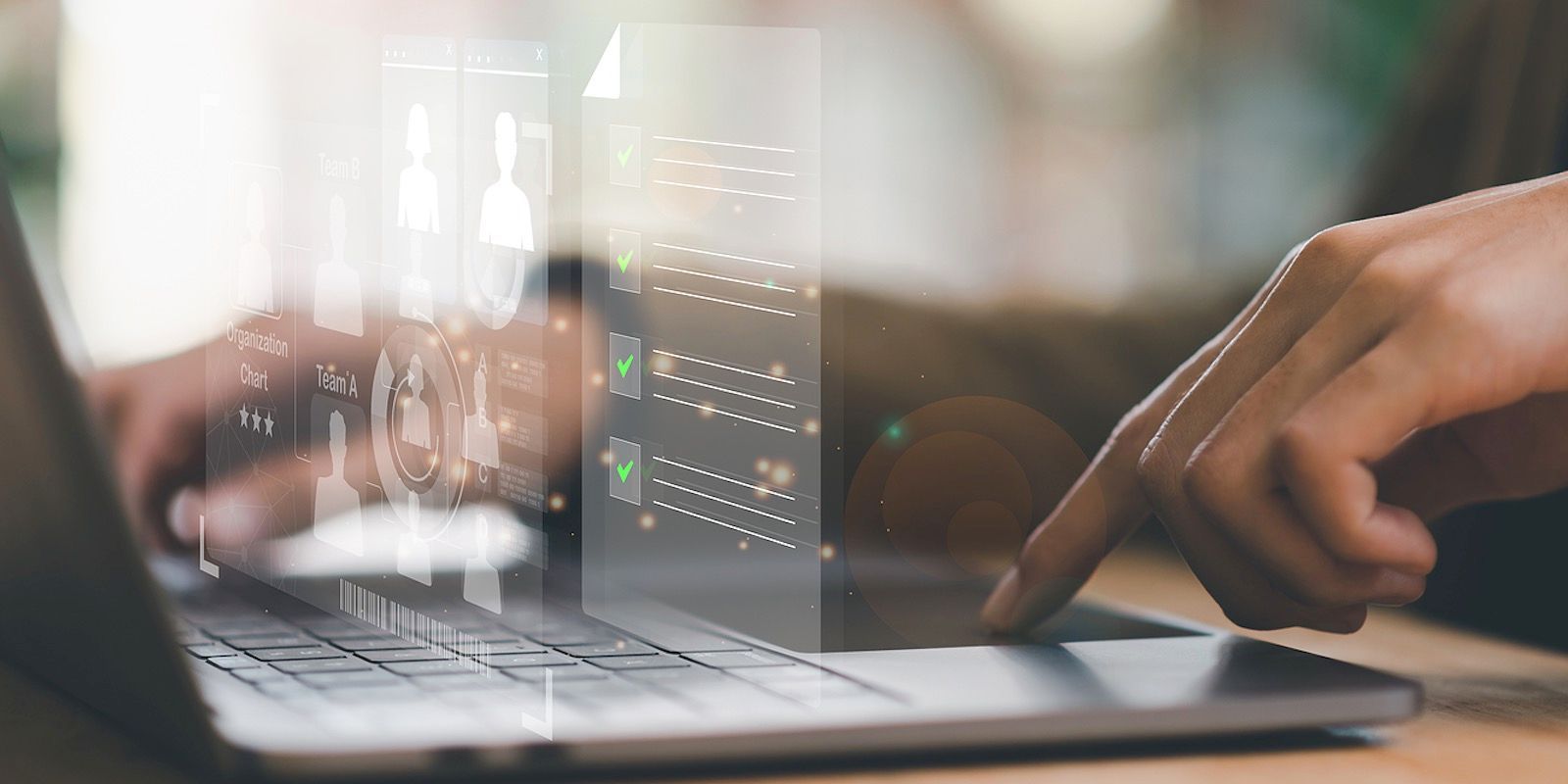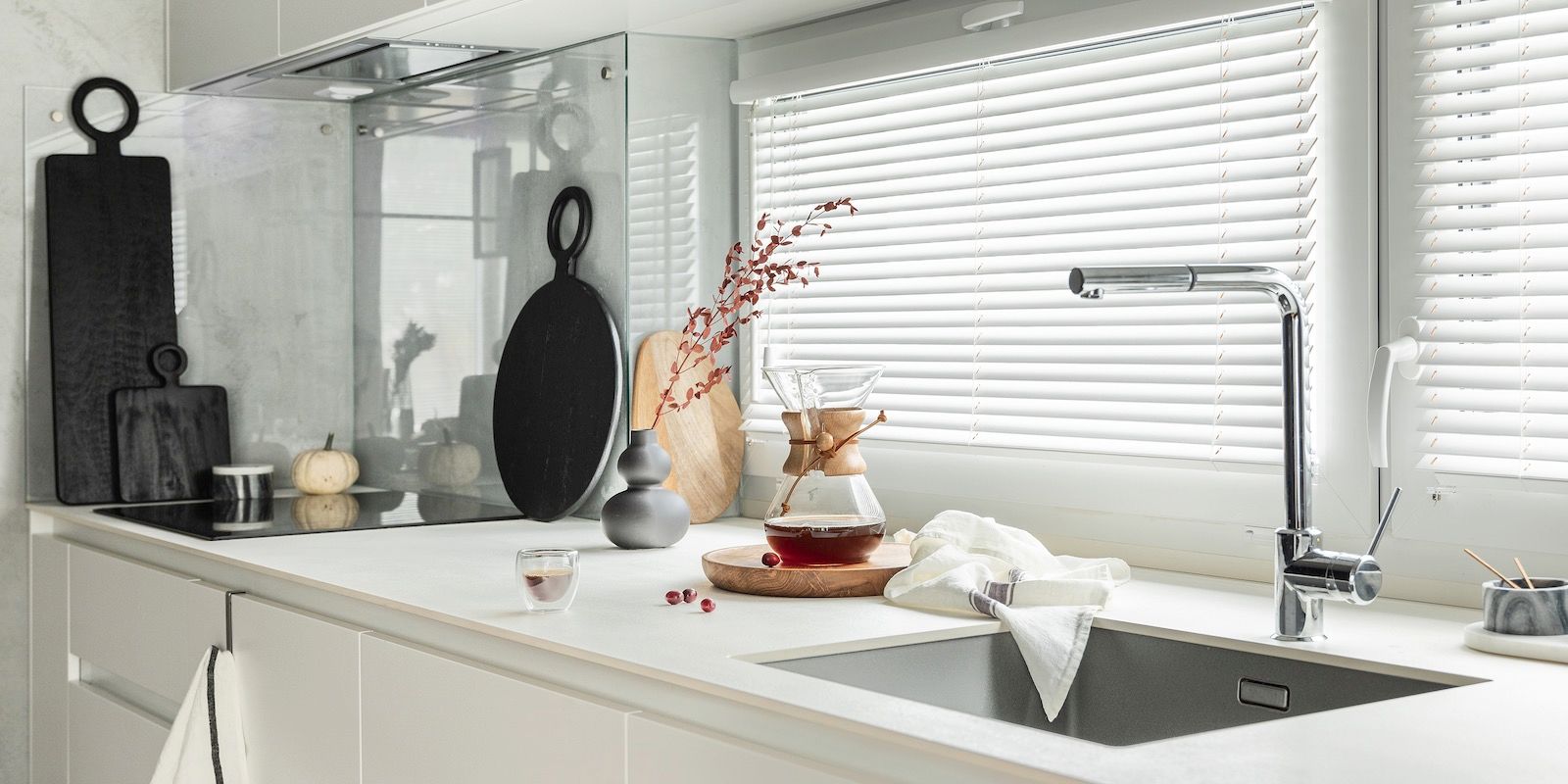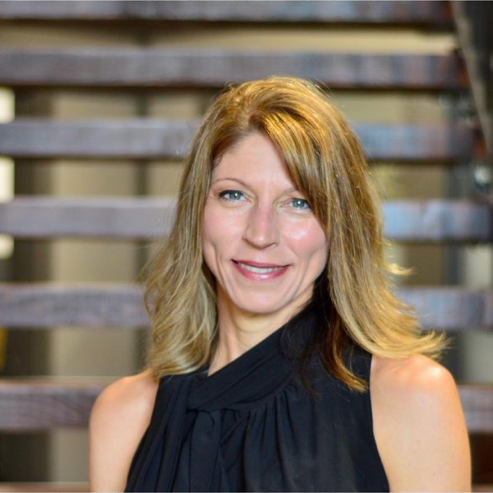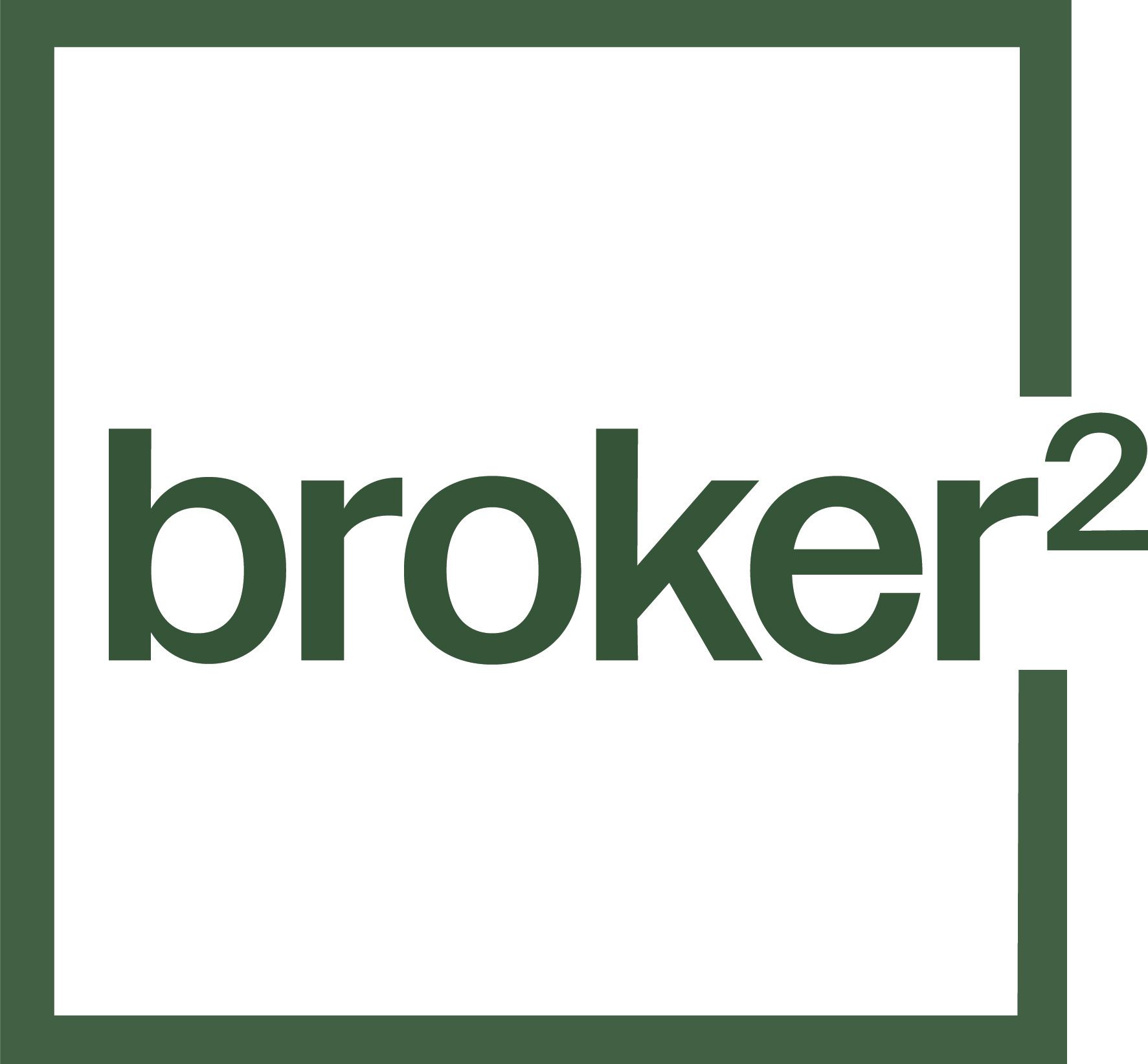Credit and Mortgage Financing
Credit. The ability of a customer to obtain goods or services before payment, based on the trust that you will make payments in the future. When you borrow money to buy a property, you’ll be required to prove that you have a good history of managing your credit. That is, making good on all your payments.
But what exactly is a “good history of managing credit”? What are lenders looking at when they assess your credit report? If you’re new to managing your credit, an easy way to remember the minimum credit requirements for mortgage financing is the 2/2/2 rule. Two active trade lines established over a minimum period of two years, with a minimum limit of two thousand dollars, is what lenders are looking for.
A trade line could be a credit card, an instalment loan, a car loan, or a line of credit; basically, anytime a lender extends credit to you. Your repayment history is kept on your credit report and generates a credit score. For a tradeline to be considered active, you must have used it for at least one month and then once every three months.
To build a good credit history, both of your tradelines need to be used for at least two years. This history gives the lender confidence that you’ve established good credit habits over a decent length of time.
Two thousand dollars is the bare minimum limit required on your trade lines. So if you have a credit card with a $1000 limit and a line of credit with a $2500 limit, you would be okay as your limit would be $3500. If you’re managing your credit well, chances are you will be offered a limit increase. It’s a good idea to take it. Mortgage Lenders want to know that you can handle borrowing money.
Now, don’t confuse the limit with the balance. You don’t have to carry a balance on your trade lines for them to be considered active. To build credit, it’s best to use your tradelines but pay them off in full every month in the case of credit cards and make all your loan payments on time.
A great way to use your credit is to pay your bills via direct withdrawal from your credit card, then set up a regular transfer from your bank account to pay off the credit card in full every month. Automation becomes your best friend. Just make sure you keep on top of your banking to ensure everything works as it should.
Now, you might be thinking, what about my credit score, isn’t that important when talking about building a credit profile to secure a mortgage? Well, your credit score is important, but if you have two tradelines, reporting for two years, with a minimum limit of two thousand dollars, without missing any payments, your credit score will take care of itself, and you should have no worries.
With that said, it never hurts to take a look at your credit every once and a while to ensure no errors are reported on your credit bureau. So, if you’re thinking about buying a property in the next couple of years and want to make sure that you have good enough credit to qualify, let’s talk.
Connect anytime; it would be a pleasure to work with you and help you to understand better how your credit impacts mortgage qualification.


Send a Message
Send A Message
Thank you for contacting me.
I will get back to you as soon as possible.
Oops, there was an error sending your message.
Please try again later.
Contact Information
Office Address:
100, 131 7th Avenue South,
Cranbrook, BC
V1C2J3
BrokerSquared Paragon Mortgage Group is powered by Tango Financial
All Rights Reserved | Privacy and Content Notice


